Category: Program Notes
-
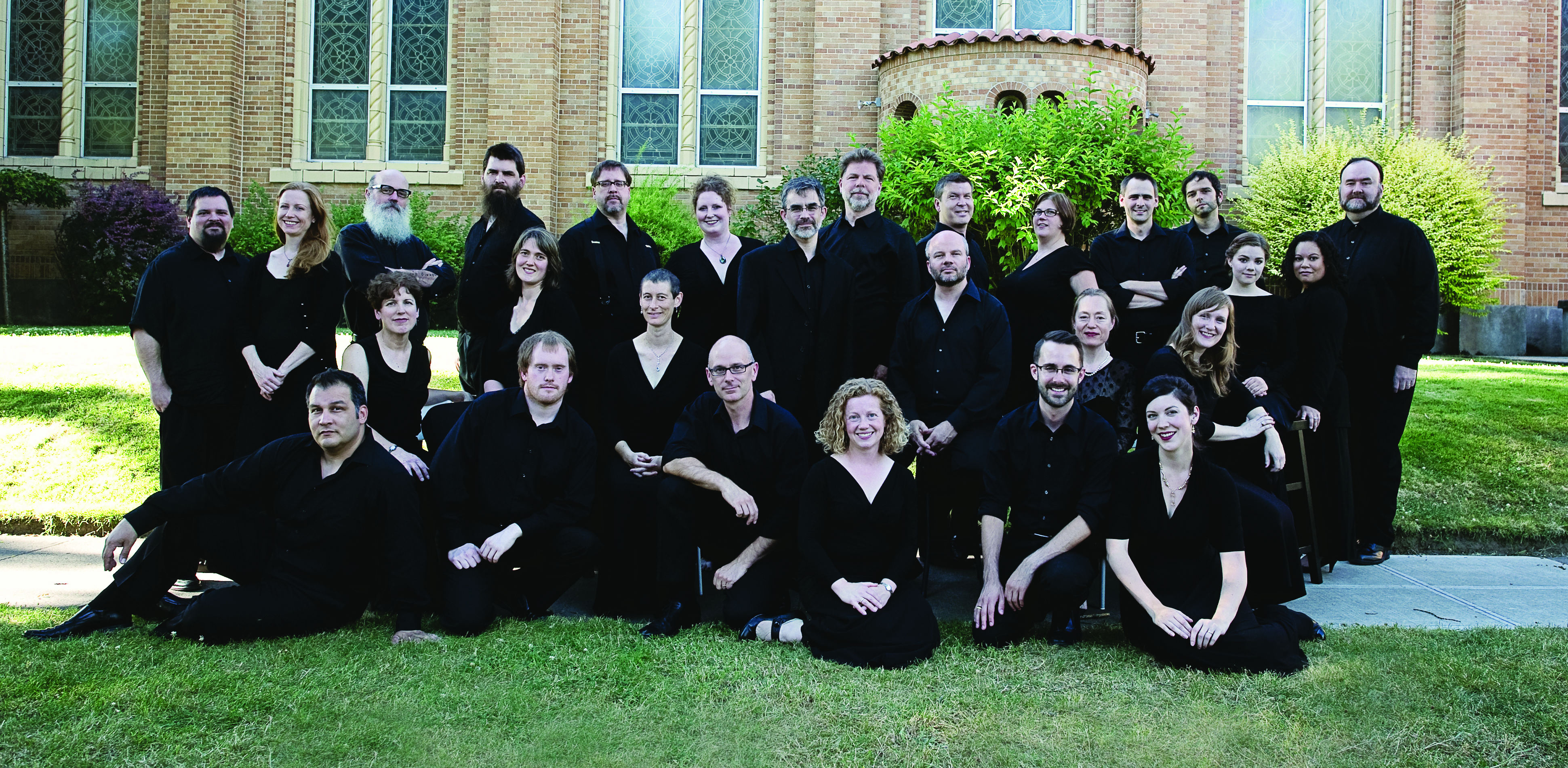
Living Memories
Introduction: Modern Greek Poetry and Memory Living Memories SEATTLE Fri 14 Nov 2O25, 7:3O PMSt. James CathedralFirst Hill, Seattle PORTLAND Sat 15 Nov 2O25, 2:OO PMHoly Trinity Greek Orthodox ChurchLaurelhurst, Portland “Eternal memory” is the final chant of funeral and memorial services in the Byzantine rite of Christian liturgy. Ancient in origin, this simple exclamation
-

Mass Appeal – Living Traditions
Mass Appeal SEATTLE Fri 24 Oct 2O25, 7:3O PMSt. Mark’s CathedralCapitol Hill, Seattle PORTLAND Sun 26 Oct 2O25, 2:OO PMSt. Mary’s CathedralNorthwest Portland It was 2018 when David Hattner first proposed pairing Bruckner’s Mass in E minor with Stravinsky’s Mass in a project with Cappella Romana and Portland Youth Philharmonic, and I immediately recognized the
-
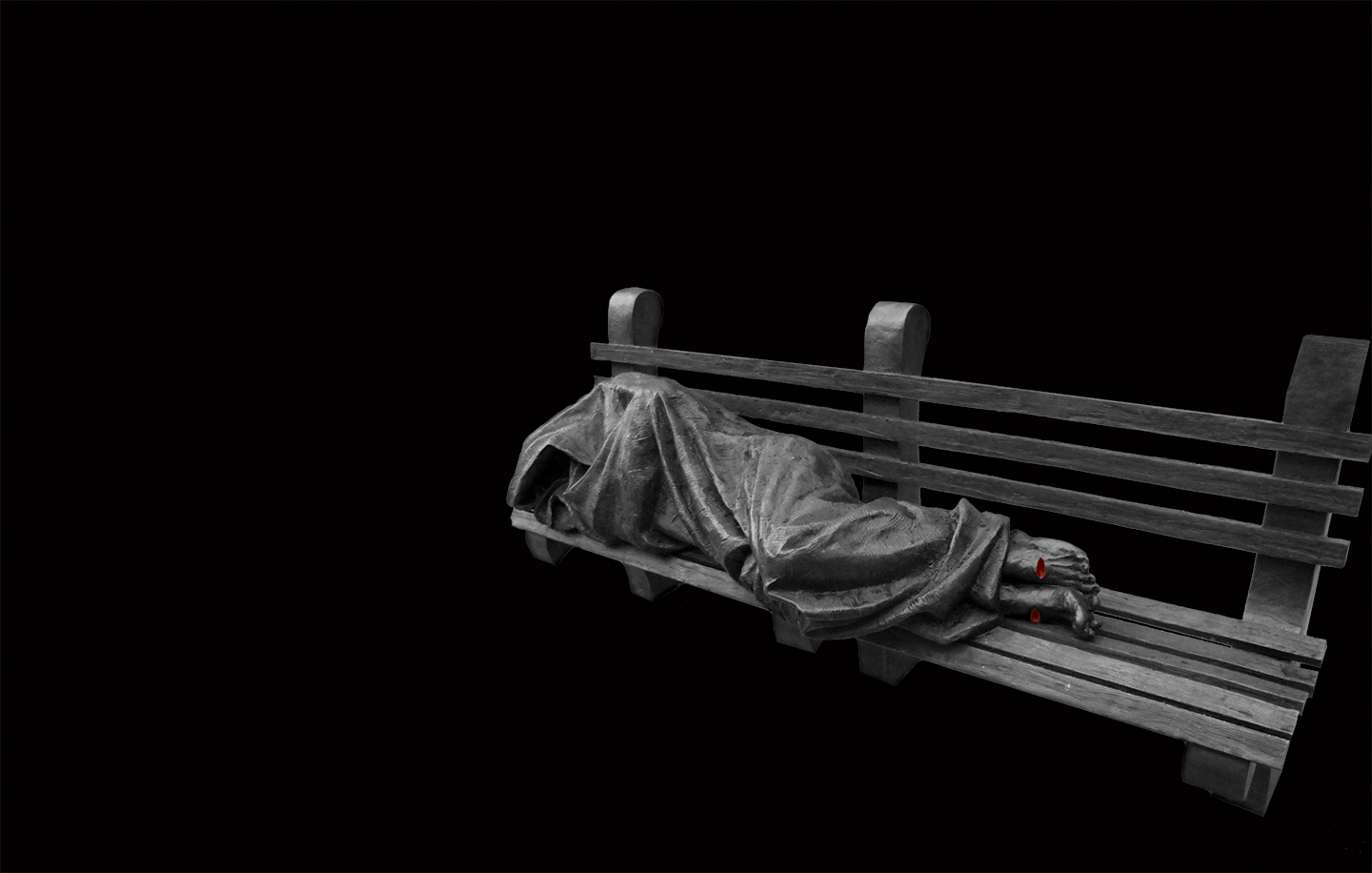
Requiem for the Forgotten, Cantus Missae (Program Notes by Mark Powell and Frank La Rocca)
Requiem for the Forgotten, Cantus Missae Program Notes by Mark Powell and Frank La Rocca Josef Rheinberger: Cantus Missae in E-flat major, Op. 109 SEATTLE Friday, March 28 @ 7:30pmSt. James Cathedral PORTLAND Saturday, March 29 @ 2:00pmSt. Mary’s Cathedral LAKE OSWEGO Sunday, March 30 @ 3pmOur Lady of the Lake Parish Josef Gabriel Rheinberger
-
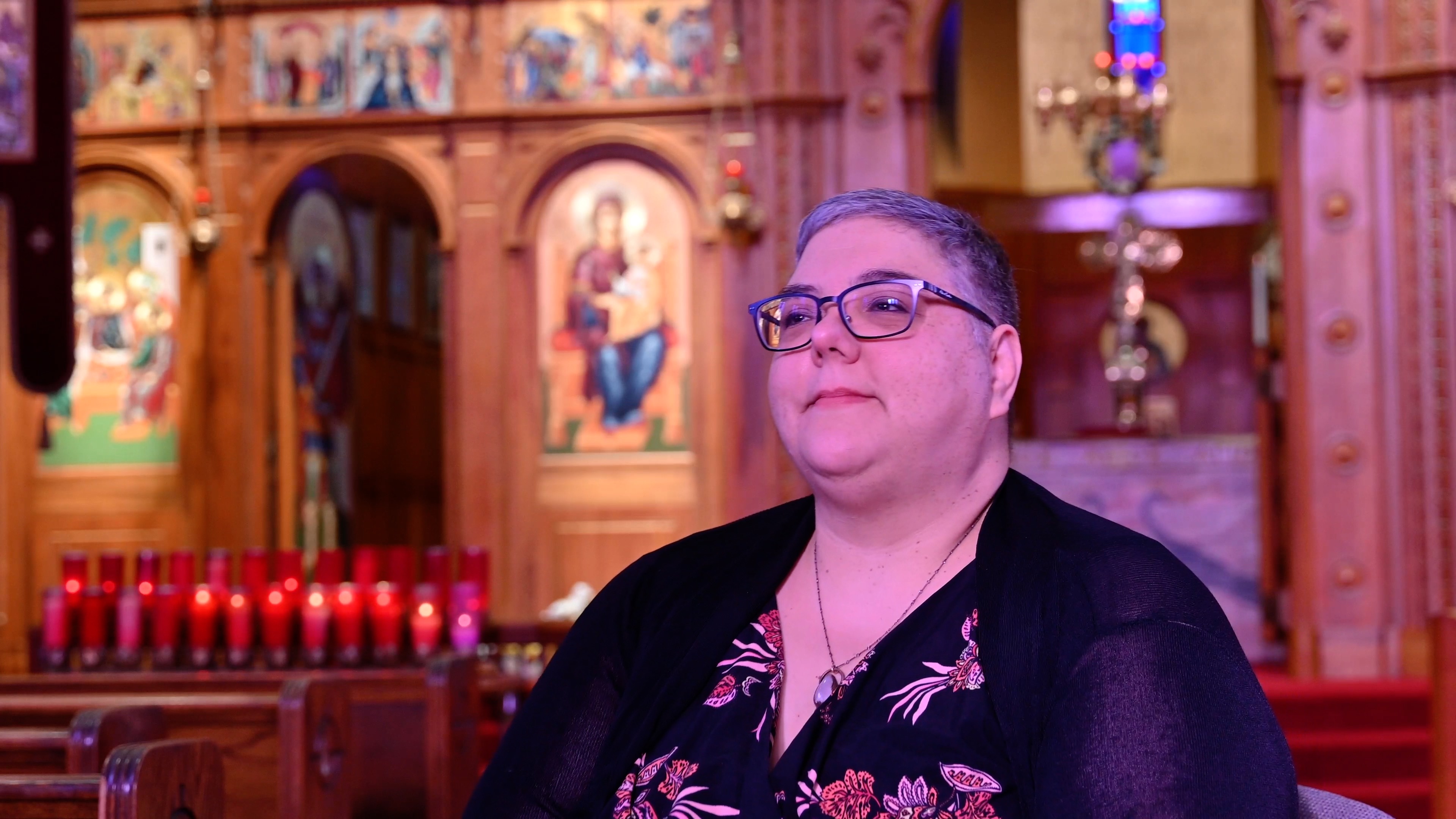
A Ukrainian Wedding (Program Notes from Nadia Tarnawsky)
The traditional Ukrainian wedding ritual lasts at least a week – sometimes longer. There are some variations from region to region and village to village, but the main outline of the ritual follows the same journey. The young couple is engaged. Various wedding items are made – the wedding bread, the wreaths for the young
-
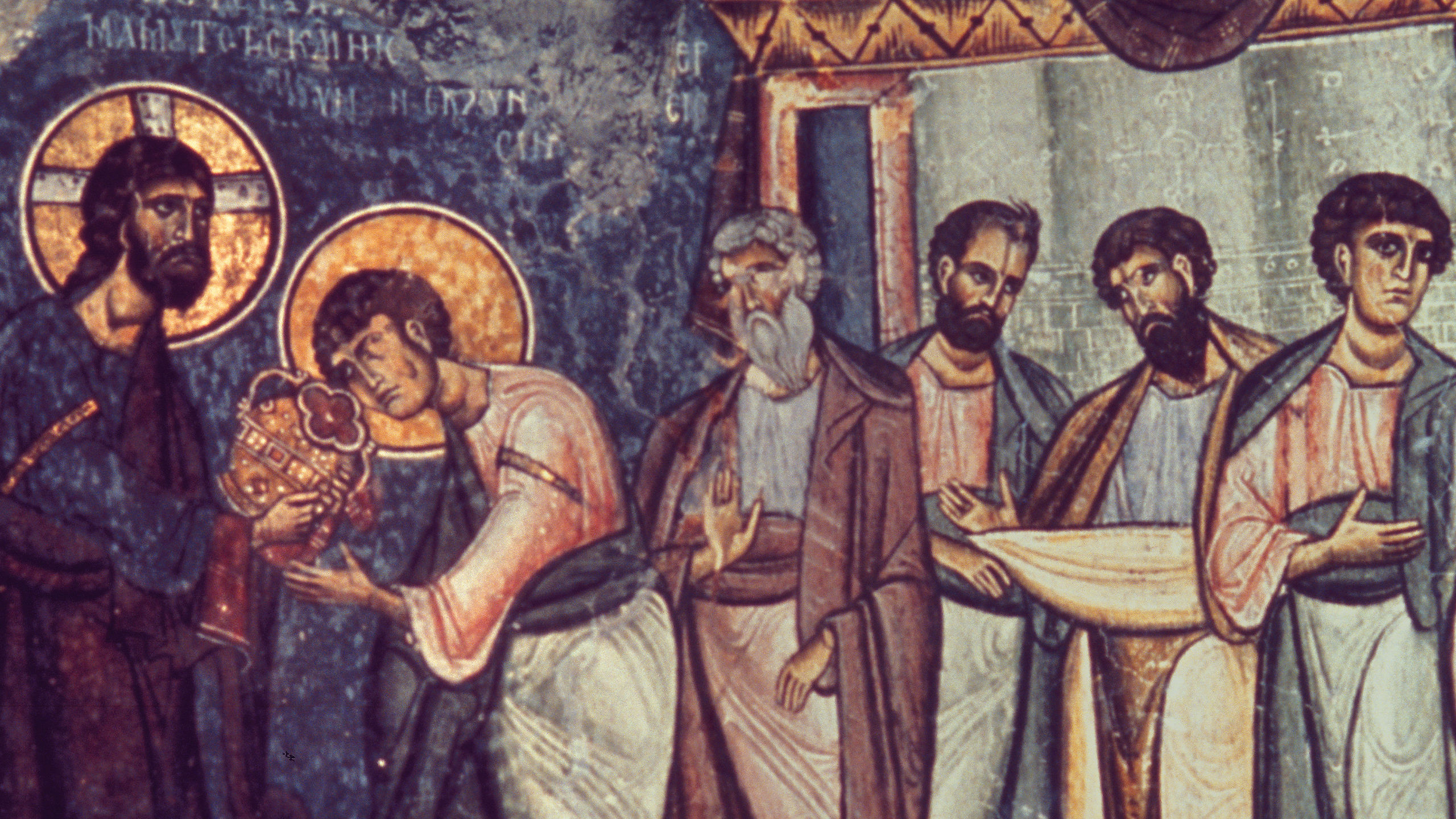
Somewhere In Between: Ivan Moody’s Greek Liturgy
For someone familiar with Greek Orthodox liturgy, today’s performance will echo the experience of actual services, with abbreviations appropriate to a concert. At the same time, those new to the form may experience the performance as though it were liturgically complete even with the adjustments made for a concert context. Cappella Romana presents here the
-
Tchaikovsky’s Divine Liturgy: Program Notes
Russian choral artistry, and especially its sacred choral singing, has long enjoyed the admiration of the Western musical world. After hearing the Choir of the Imperial Chapel of St. Petersburg in 1844, Robert Schumann wrote in his diary that “the Chapel is the most wonderful choir we have ever had the occasion of hearing.” Tchaikovsky
-
Kastalsky Requiem: Program Notes
Vasily Polikarpovich Titov (c.1650–c.1715) – Cherubic Hymn; Megalynarion Vasily Titov was one of two leading composers of Russian Baroque music, the other being Nikolai Diletsky (c. 1630–80). Titov’s life and work mark the mid-point of the process of Russia’s musical Westernization, which gained new momentum during the reign of Tsar Peter the Great (1689 –1725).
-
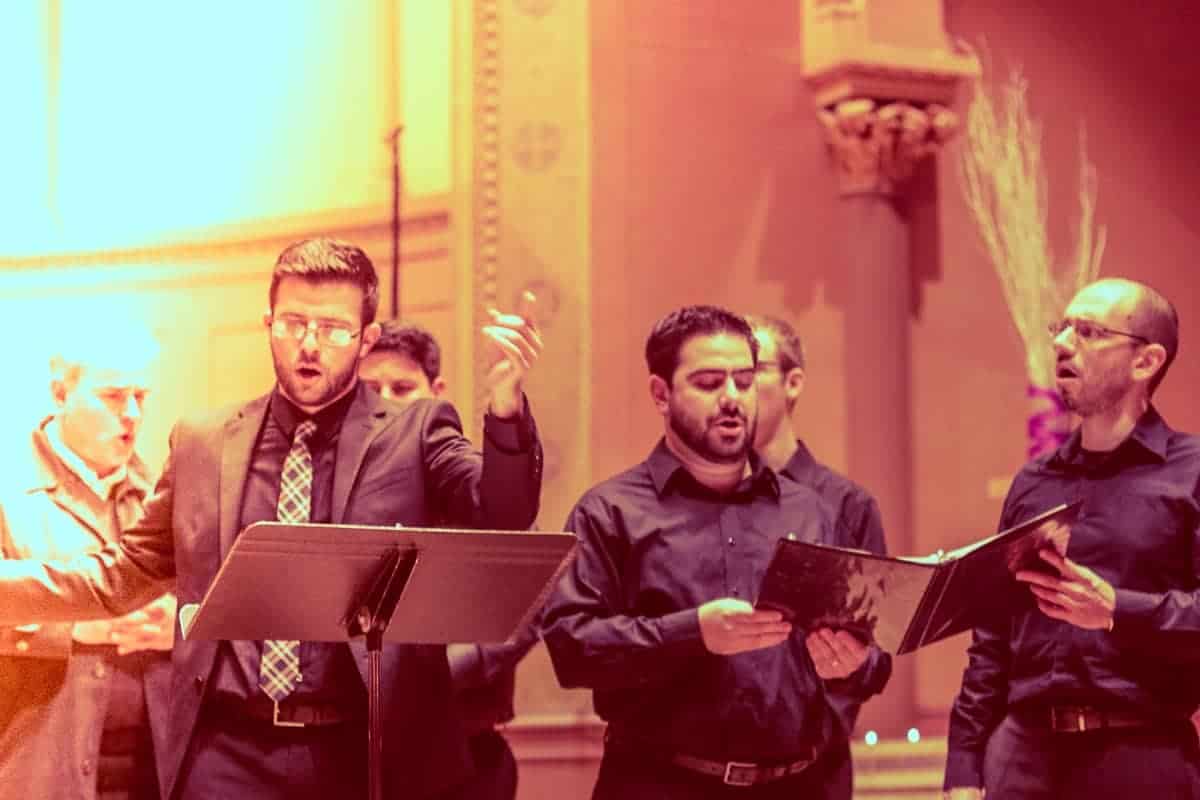
Psaltikon: The Day of Resurrection
The Historical Development of Easter The celebration of Easter (i.e., Pascha) for Orthodox Christians commences on Saturday morning with a Vesperal Liturgy that comprises psalms, hymns, and Old Testament readings, followed by the Divine Liturgy of St. John Chrysostom. Pascha is formally inaugurated several hours later, at midnight, in a rush of blazing candles, exuberant
-
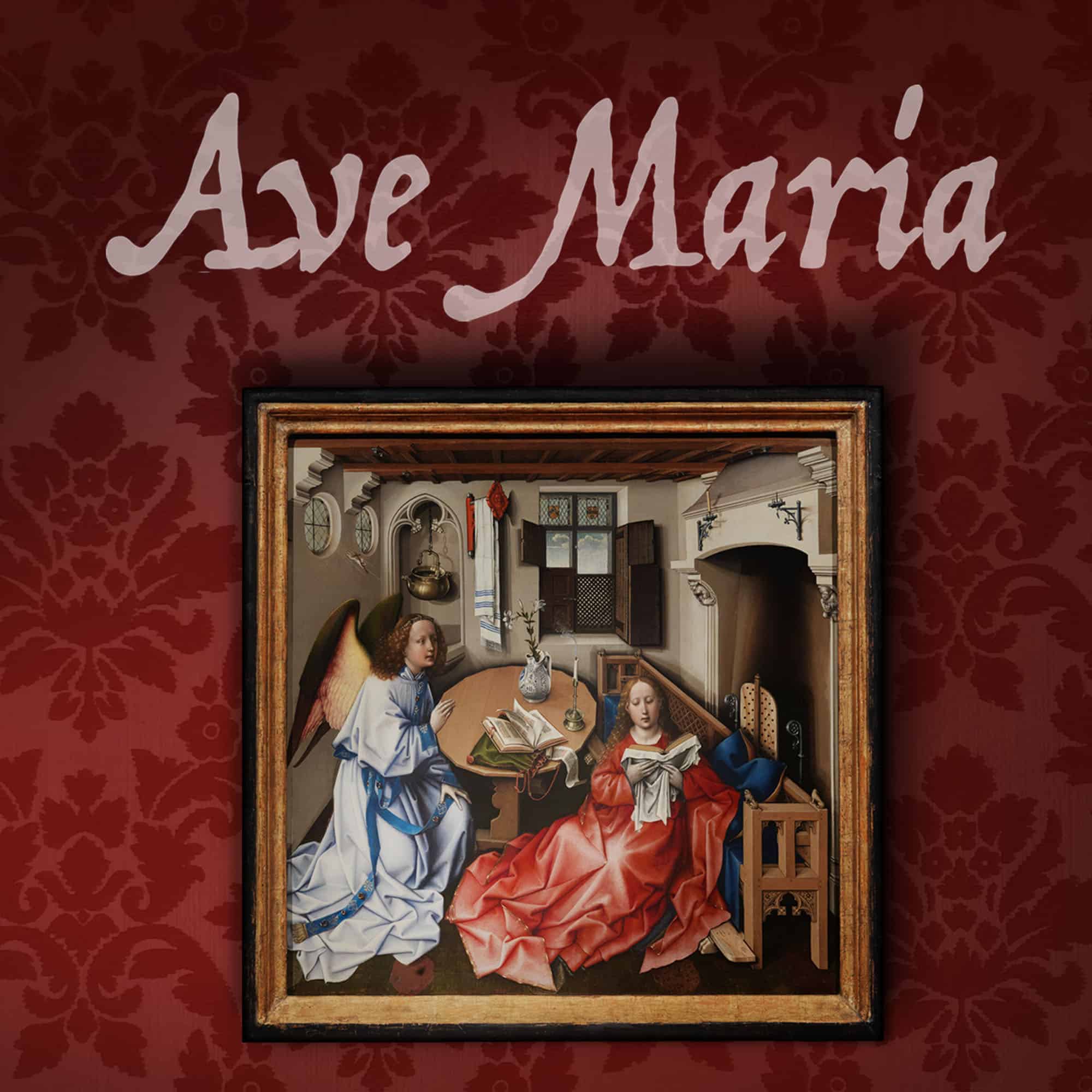
Ave Maria: Program Notes
Josquin des Prez and Heinrich Isaac were two Renaissance composers with two quite different characters, in music and in life. We know what Isaac’s signature looked like because he dutifully signed the account books as a musical servant of the Emperor Maximilian. We know what Josquin’s signature looked like because he carved it (not at
-

Lost Treasures of Armenia
The Holy Armenian Apostolic Orthodox Church continues to embody a living tradition of primarily monodic vocal music of exceptional richness and beauty. Though its hymnography is traditionally believed to have commenced with the invention of the Armenian alphabet in the fifth century, and the Hymnal as a canonical collection was definitively closed in the fourteenth
-
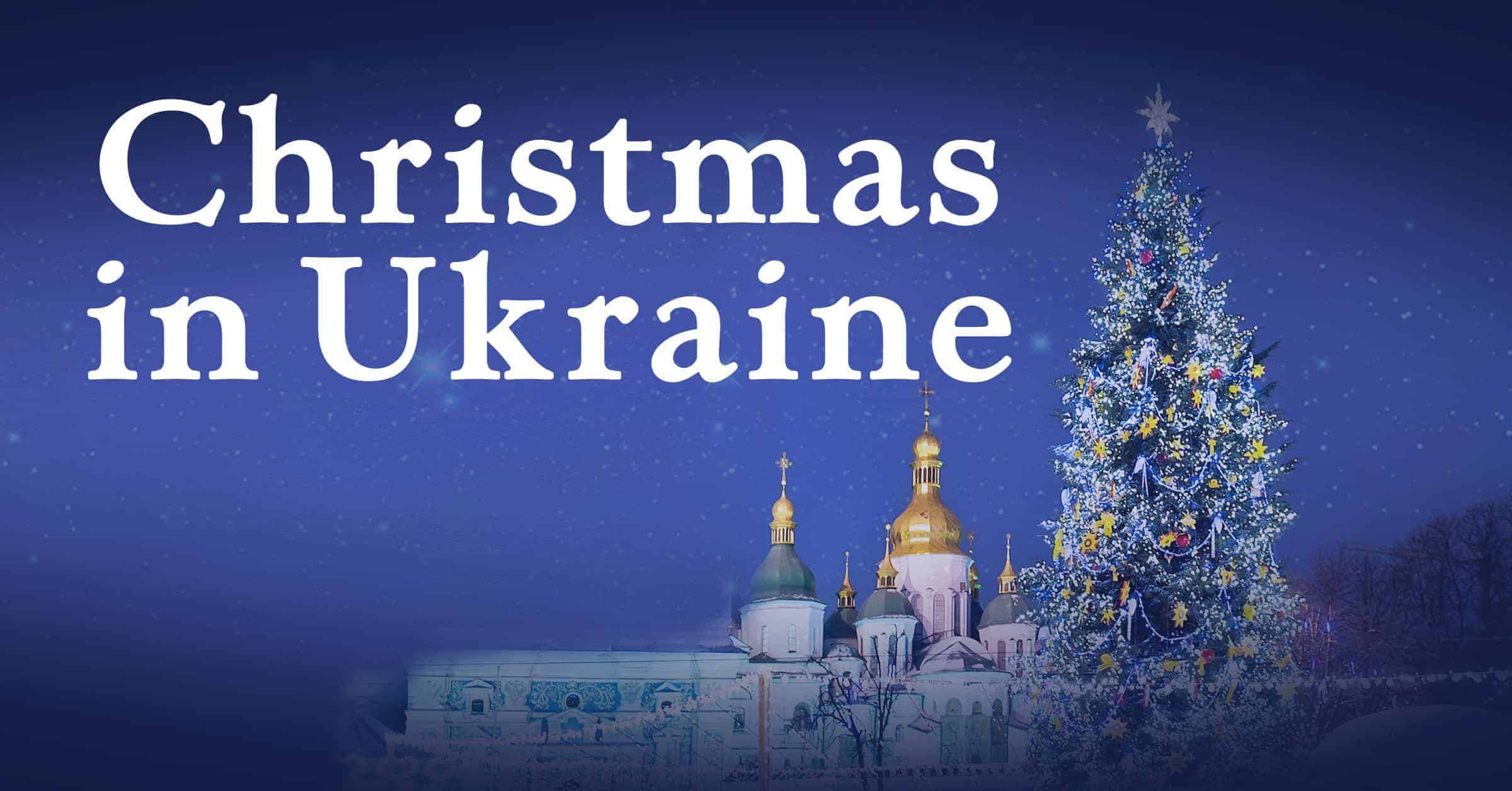
Christmas in Ukraine
Khrïstos razhdayetsia! Slavite yeho! Christ is born! Glorify Him! When Cappella Romana invited me to prepare this concert “Christmas in Ukraine,” a wealth of musical memories came into my imagination. Since I am of Ukrainian descent, I felt instant inspiration and also a sense of responsibility. How can I represent the many centuries of Ukraine’s sacred
-
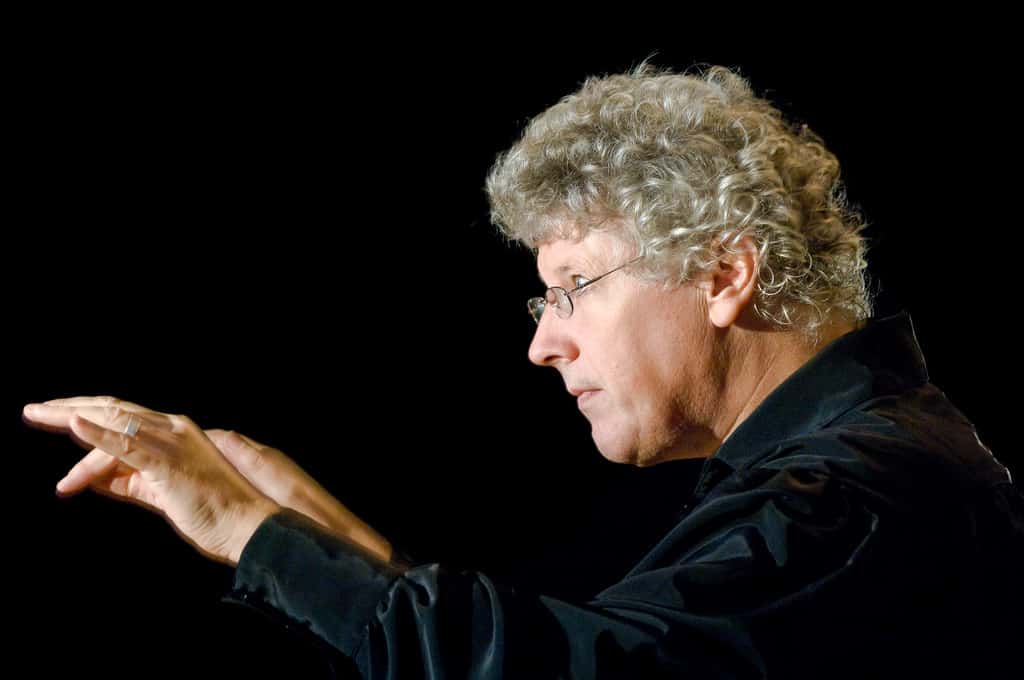
They Are At Rest – Program Notes
At the eleventh hour of the eleventh day of the eleventh month of 1918, an armistice was signed which brought to a close the greatest human conflict so far known to man. What had begun as a border dispute in the Balkan States of South-Eastern Europe in 1914, expected to last but a few weeks,

You must be logged in to post a comment.